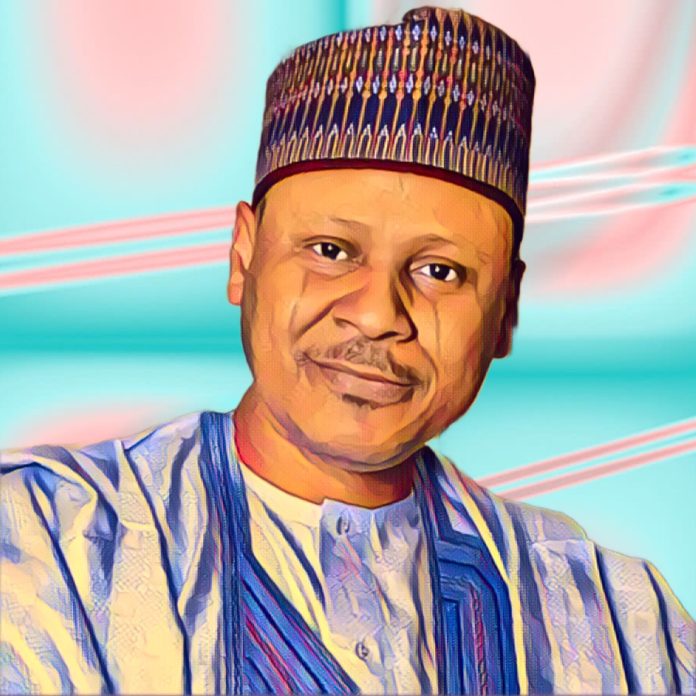The Federal Government has reassured the public that approximately 85% of Nigerians continue to benefit from electricity subsidies despite the recent tariff hike, asserting that over N1 trillion would be saved as a result of the adjustment.
In response to mounting public concerns following the announcement of increased electricity tariffs for Band A consumers by the Nigerian Electricity Regulatory Commission (NERC) on April 3, the government clarified that the majority of the population remains under subsidized rates.
The tariff hike, which raised rates from N68 to N225 per kilowatt-hour for Band A customers, prompted widespread reactions across the country. NERC justified the adjustment by stating that it aimed to remove subsidies for Band A consumers, who constitute about 15% of the total number of power users nationwide.
However, in a statement issued by the Minister of Information and National Orientation, Mohammed Idris, his Special Assistant (Media), Rabiu Ibrahim, reiterated that the subsidy still covers 85% of Nigerians, encompassing various categories within the new electricity supply framework.
Idris, speaking as a guest on the popular Hausa audience participatory program “Hannu Da Yawa” on Radio Nigeria Kaduna, emphasized that a significant portion of the subsidy, around 40%, disproportionately benefited a minority of consumers. This subset, consisting of affluent individuals and industrial clusters, reportedly enjoys approximately 20 hours of electricity.
Highlighting the government’s stance, the statement disclosed, “Minister of Information and National Orientation, Mohammed Idris, has said that the over N1tn that would be saved from the withdrawal of electricity subsidy will be reinvested in improving power supply and the provision of social services for the country.”
Furthermore, Idris emphasized that the recent enactment of the Electricity Act, signed by President Tinubu, has fortified the governance structure of the Nigerian Electricity Regulatory Commission. The legislation empowers the agency to impose stringent sanctions on electricity distribution companies found culpable of infractions related to billing and electricity supply to consumers.
The government’s position aims to assuage public concerns and clarify misconceptions surrounding the tariff adjustment. Despite the tariff hike for Band A consumers, the majority of Nigerians, particularly those in lower consumption bands, continue to enjoy subsidized electricity rates.



